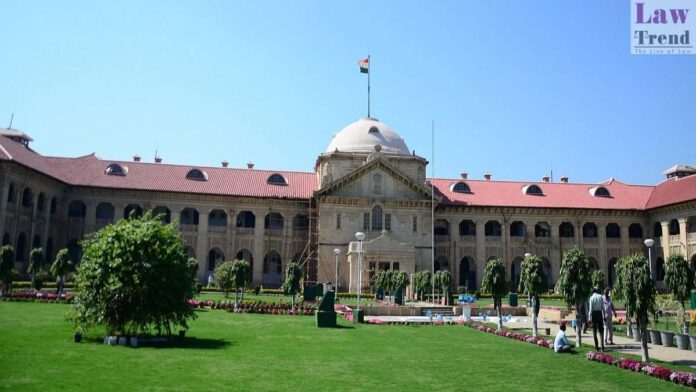In a significant case concerning marital discord and child custody, the Allahabad High Court made an emotional appeal for family unity, expressing its hope that the couple at the center of the dispute would remain together. The court, while hearing Habeas Corpus Writ Petition No. 899 of 2024, observed, “May this family stay united till
To Read More Please Subscribe to VIP Membership for Unlimited Access to All the Articles, Download Available Copies of Judgments/Order, Acess to Central/State Bare Acts, Advertisement Free Content, Access to More than 4000 Legal Drafts( Readymade Editable Formats of Suits, Petitions, Writs, Legal Notices, Divorce Petitions, 138 Notices, Bail Applications etc.) in Hindi and English.




